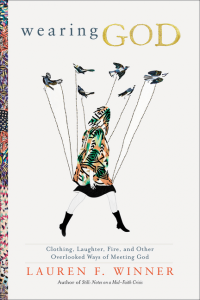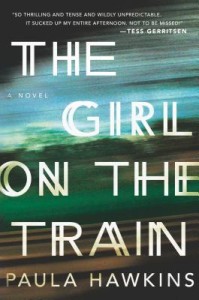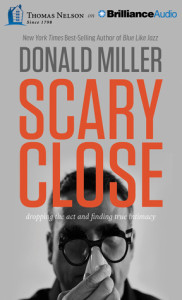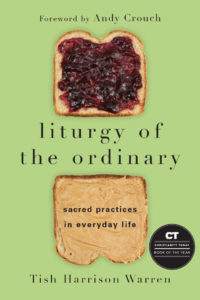 Did you read reading Liturgy of the Ordinary by Tish Harrison Warren? If so, you are invited to join the conversation!
Did you read reading Liturgy of the Ordinary by Tish Harrison Warren? If so, you are invited to join the conversation!
Here’s how the online book club works: Just read the book at your own convenience, and then add your thoughts to the comments section. You can respond to any of these discussion questions—or just say what you thought of the book.
As a bonus, I’ll give away a free book to one lucky commenter!
I received this book as a gift when my son was just a few weeks old, and as it turned out, it was perfect for someone whose pace of life had just altered drastically. I had made an abrupt shift from days full of working and writing and serving and getting together with friends to days where the potential highlight was taking a shower.
For someone who is a big fan of crossing things off a to-do list, it quickly became clear that I needed to redefine what it looked like to follow Jesus when large swaths of my time were spent changing diapers, feeding a baby, and deciding how much spit-up on my shirt necessitated a clothing change. This book spoke into some of my biggest questions and wrestlings in that moment.
Discussion #1: Changing the World
Everywhere we look, someone seems to be changing the world. Someone is planting crops using sustainable agricultural practices; someone is rescuing women from sex trafficking; someone is helping small business owners in Kenya. This is all really good news, but sometimes it feels like a lot of pressure for a person whose main task for this season is to keep a small human being alive.
The book made me ponder this question: What if God is primarily calling us to ordinary, everyday faithfulness, not some kind of heroic Christianity? Yes, there are times when he asks us to big things for him, but truth be told, even most of those heroic things consist of a series of small acts of obedience.
“God is forming us into a new people. And the place of that formation is in the small moments of today.”
Do you ever struggle with the mundane moments of life, wishing you could do something grander? How would it shift your perspective to know that God is using our small, everyday tasks to make us into the people he wants us to be?
Discussion #2: The Divine in the Ordinary
I appreciated Tish Harrison Warren’s perspective that there is no distinction between the sacred and the secular, as we often imagine. We tend to compartmentalize the spiritual part of our lives, and we fret when it gets squeezed by other urgent things.
This book reminds us that we don’t have to wait for set-aside moments to connect with God; we can meet him in the ordinary moments, like sitting in traffic, thanking him for our leftovers, or talking with a friend.
“Small bits of our day are profoundly meaningful because they are the site of our worship. The crucible of our formation is in the monotony of our daily routines.”
In what ordinary moments do you tend to connect with God? In what ordinary moments would you like to be more aware of his presence?
Discussion #3: Learning to Be Beloved
One of my favorite chapters is chapter 1, about learning our identity as God’s beloved. When we can grasp that reality, it frames the entire liturgy of our days. We can better recognize and bask in God’s presence in the small moments when we remember that we belong to him and that he delights in us.
“We are marked from our first waking moment by an identity that is given to us by grace: an identity that is deeper and more real than any other identity we will don that day.”
What was your favorite chapter? Was there any story or topic that particularly resonated with you?
Rating: How many stars would you give this book (out of 5)?
I would give this book five stars, in part because it was the right book at the right time. I appreciated the way the author organized the book over the course of a day. It sounds like a simple premise, but the thoughts contained in each chapter are profound, and beautifully written.
I appreciated the reminder that the little things matter. And incidentally, when those ordinary moments are stacked one upon the other, they will end up changing the world—and us.
How many stars would you give this book?

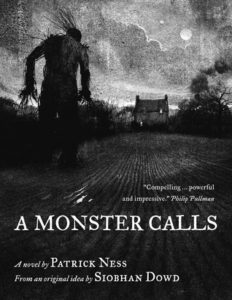 Thanks for joining us for the virtual book club on
Thanks for joining us for the virtual book club on 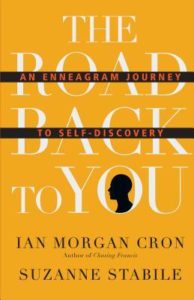 Thanks for joining us for the virtual book club on
Thanks for joining us for the virtual book club on 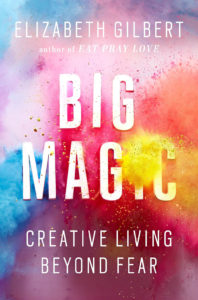 Thanks for joining us for this month’s virtual book club on
Thanks for joining us for this month’s virtual book club on 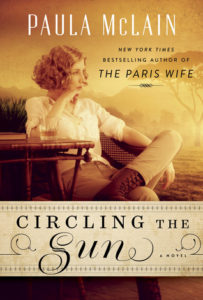 For this edition of our virtual book club, we’re discussing
For this edition of our virtual book club, we’re discussing 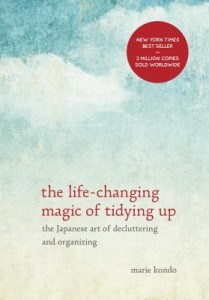 Thanks for joining us for the virtual book club! It’s easy to participate. Just read the book, and then at your own convenience, add your thoughts in the comments section. You can respond to any of these discussion questions—or just say what you thought of the book.
Thanks for joining us for the virtual book club! It’s easy to participate. Just read the book, and then at your own convenience, add your thoughts in the comments section. You can respond to any of these discussion questions—or just say what you thought of the book.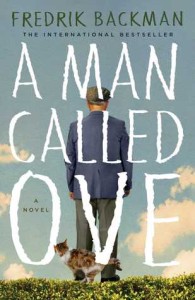 If I were to pick a handful of words to describe this book, I’d have to go with quirky, endearing, and hopeful. And above all, charming. Which, when you come to think of it, are not exactly the words you might expect for a book that opens with an old man making plans to commit suicide. Despite the premise, this book had some delightfully humorous moments, and I had that pleasant kind of lump in my throat throughout the whole thing. I fell in love with curmudgeonly old Ove, and it was one of those books I couldn’t bear to finish because I wasn’t ready to say goodbye to him yet.
If I were to pick a handful of words to describe this book, I’d have to go with quirky, endearing, and hopeful. And above all, charming. Which, when you come to think of it, are not exactly the words you might expect for a book that opens with an old man making plans to commit suicide. Despite the premise, this book had some delightfully humorous moments, and I had that pleasant kind of lump in my throat throughout the whole thing. I fell in love with curmudgeonly old Ove, and it was one of those books I couldn’t bear to finish because I wasn’t ready to say goodbye to him yet.